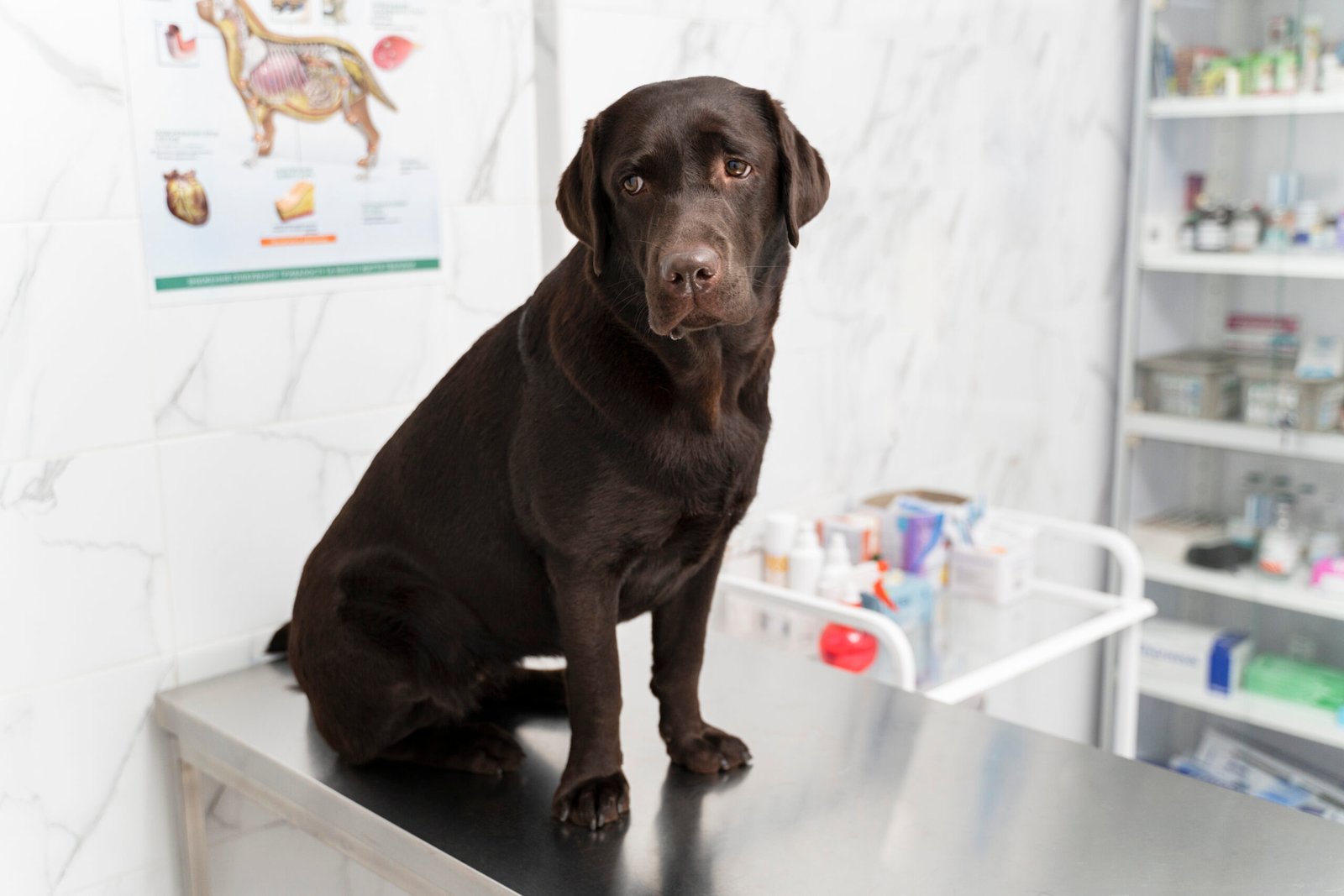Taking your pet to the animal hospital might feel overwhelming, but understanding what to expect can ease that stress. You care for your pet deeply, and so does the veterinarian in Baden, ON. The goal is to ensure your pet gains the best care possible. First, you will check in at the reception. Providing your pet’s medical history helps. Next, a trained nurse will weigh your pet. This step is crucial. Then, you will meet the veterinarian. They will conduct a thorough exam. They may ask questions about your pet’s habits. Honest answers lead to better care. After the exam, the veterinarian discusses findings with you. If treatment is needed, a plan will be explained. You will have time to ask questions or voice concerns. Finally, scheduling follow-up visits keeps your pet’s health on track. Feeling prepared for your visit aids both you and your furry friend.
The Check-In Process
Upon arrival, approach the reception desk. Staff will welcome you and your pet warmly. They will ask for your pet’s medical history. This includes vaccinations and previous treatments. Providing accurate records ensures better care.
Initial Assessment
A nurse will then weigh your pet. Accurate weight measurements are important for proper medication dosing. Following this, you and your pet will be guided to an examination room.
Meeting the Veterinarian
Once in the exam room, the veterinarian will greet you. They will perform a full physical exam. The exam includes checking your pet’s eyes, ears, and teeth. They listen to your pet’s heart and lungs. This comprehensive check helps spot any hidden issues.
Discussing Findings
After the physical exam, the veterinarian will explain the findings. They will discuss any issues identified. If any treatments are needed, they will outline the steps clearly. This ensures you understand the next course of action. The goal is keeping your pet healthy and happy.
Common Procedures and Treatments
Some pets may need specific treatments. Common procedures include:
- Vaccinations
- Blood tests
- Dental cleaning
- Flea and tick prevention
Each procedure has a purpose. Vaccinations protect against diseases. Blood tests help diagnose potential illnesses. Dental cleaning maintains oral health. Flea and tick prevention safeguards against parasites.
To understand more about the ongoing role veterinarians play in your pet’s well-being, explore how animal hospitals support your pet’s long-term health.
Cost Considerations
Understanding costs can alleviate stress. Here’s a typical cost range for common procedures:
| Procedure | Estimated Cost |
|---|---|
| Vaccinations | $20 – $60 |
| Blood Tests | $80 – $200 |
| Dental Cleaning | $150 – $300 |
| Flea and Tick Prevention | $50 – $100 |
Costs may vary by location and the individual needs of your pet. It’s wise to discuss expenses upfront with the veterinarian.
Aftercare and Follow-Up
Leaving the animal hospital doesn’t end the process. Routine care is essential for ongoing health. Schedule any recommended follow-up visits. Adhering to prescribed treatments and check-ups is key.
For more information on pet health, visit the American Veterinary Medical Association.
Communication is Key
Clear communication with your veterinarian fosters trust. Ask questions if you’re uncertain about any aspect of your pet’s care. A good veterinarian values your insights. They work collaboratively with you.
Final Thoughts
Knowing what to expect at the animal hospital reduces anxiety. With the right preparation, the experience becomes smoother for you and your pet. Trust the process and the professionals who care for your beloved companion.

